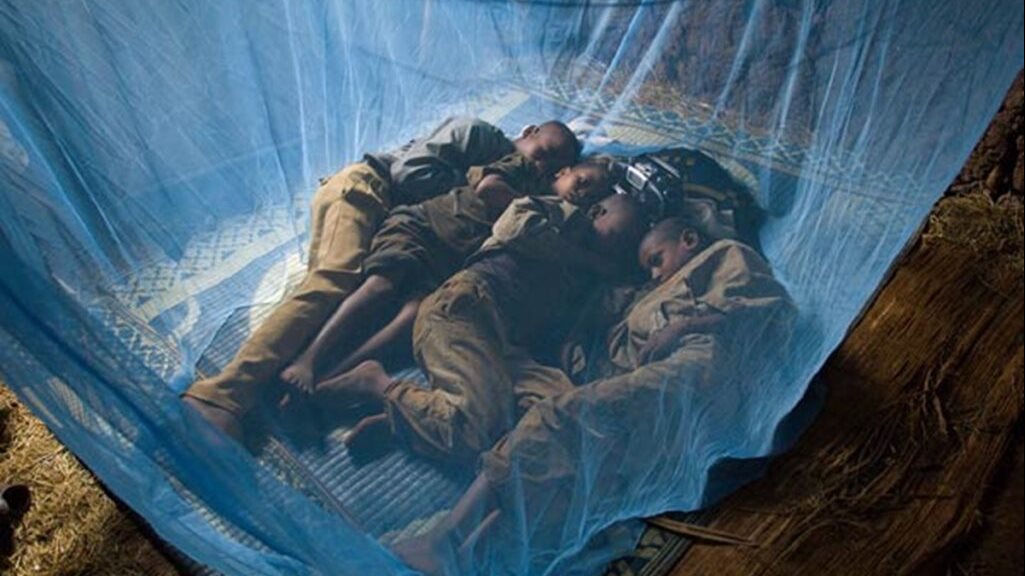The World Health Organization said in a statement that the number of malaria cases in Ethiopia has reached its highest level in seven years.
According to the statement issued by the World Health Organization, Thursday, October 31, 2024, more than 7.3 million people are infected, and more than 1,100 patients have died since the beginning of this year.
The World Health Organization said in its statement: “Malaria is a major public health challenge in Ethiopia, where approximately 75% of the landare considered malaria endemic and approximately 69% of the population who live in those areas at risk of infection, with periodic outbreaks contributing up to 20% of deaths among children under the age of five,” according to what was reported by the Sputnik agency in Russia.
The World Health Organization confirmed that malaria is a major challenge for Ethiopia. The high risk of disease among the population is largely linked to food insecurity, drought, and the spread of a type of mosquito called Anopheles stephensi.
The World Health Organization indicated in the statement that there is no need to impose any restrictions on trade with Ethiopia or travel to this country.
The World Health Organization announced that Egypt is free of malaria, becoming the third country to receive this certificate, after the UAE and Morocco.
Earlier, the World Health Organization, the Switzerland-based Global Alliance for Vaccines and Immunization (GAVI), the United Nations Children’s Fund (UNICEF) and the Nigerian government said in a joint statement that Nigeria had the first batch of vaccines get new malaria. and it was planned to spread out in Kebbi and Bayelsa states, in the north-west and south of the country, where the incidence of malaria is particularly high.
2024-11-01 18:01:00
#million #people #infected


